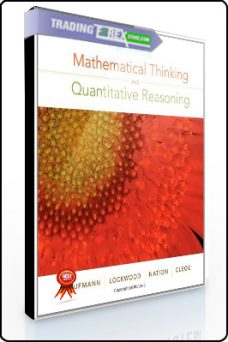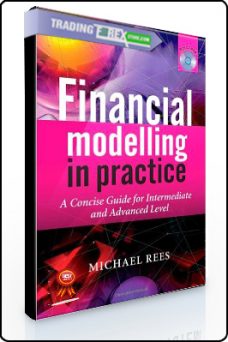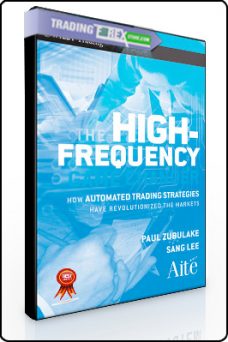Description
Charles Drummond – P&L Accumulation Distribution
Charles Drummond – P&L Accumulation Distribution
P&L Accumulation & Distribution Seminar: Knowing When to Trade;
The Art of Trading by Charles Drummond 185 pp. (1993)
Here is a sample segment from the “Accumulation/Distribution Seminar.” The Drummond Envelope is introduced in this work:
“Before we go ahead, we have to make clear what “Distribution and Accumulation” is and why we use it.
Distribution relates to how resistance performs.
Accumulation relates to how support performs.
If the market is going up, it will become involved with geometric resistance. Once it is into this resistance, the market energy should start to distribute, and selling commence, and become stronger than buying. By observing the quality of the distribution, we approach the art of monitoring the resistance. We do this by observing how price action reacts away from the resistance, by observing if the high of the price bar stops in resistance, and even more importantly, if the energy has enough in it, to force a close down off the resistance. And, we enhance even further the concept, by observing the quality of this distribution as forced by the geometric tools presented herein: namely, r-su-zones, airbag, envelope, and pldot.
For example: as you all know,,,, when the pldot starts to hold on top, you have some energy to the downside. You could say that the pldot is distributing. It is resistance, and having some effect. It is knowing when that pldot is going to distribute, that gives you the edge in trading. Our thesis is that one can know when to expect this to happen, as we get to know the theory of the envelope. Added to this, is the concept, that a lower time period will start to show distribution of a higher time period pldot, and we do this by using the geometric tools presented herein.
Of course, the opposite to the above occurs in support, through accumulation. Support will cause more buying than selling, resulting in the low of the bar holding in support, and more importantly, the close will move up off the bar lows, to show good accumulation quality. When you look at the quality of distribution and the quality of accumulation, you have the art of trading within reach. It prepares you for action, enables you to know when not to trade, to know when support and resistance is breaking down.
Before we go ahead, we have to ask why we are using an envelope concept.
The reason for this, is that if we can know what to expect as prices deal with the envelope, then we develop a clear, simple overview as to how the market is supposed to behave.
You will be finding the following, with the envelope concept: Prices will move from bottom of the envelope to the top of the envelope. If prices are going to exit the envelope, the pldot will push it. Once outside the envelope, prices will stay outside until opposing energy will force it inside, and we observe this energy by knowing what patterns do the job. It is consistent, and reliable.
Before we start, I wish to explain one terminology. It is that when prices exit an envelope, that like the wave of an ocean, it expresses true force. We call it a ‘seawave’. On the charts that follow, there will be many text passages mentioning the word ‘seawave’. A seawave always starts at the beginning of a new energy, the first time prices exit the envelope, and cautions you against going against it, unless observe the high quality of opposing force.
So, now we are going to start to learn the concept of the envelope, and how the airbag, r-su-zones, pldot show what is about to happen to it.”
This book is only included in the reduced-price package of supporting materials available to those traders taking the full course in Drummond Geometry.
Get Charles Drummond – P&L Accumulation Distribution on https://premiumoftrader.com
Charles Drummond – P&L Accumulation Distribution Download, P&L Accumulation Distribution Download, P&L Accumulation Distribution Groupbuy, P&L Accumulation Distribution Free, P&L Accumulation Distribution Torrent, P&L Accumulation Distribution Course Download, Charles Drummond – P&L Accumulation Distribution Review, P&L Accumulation Distribution Review



